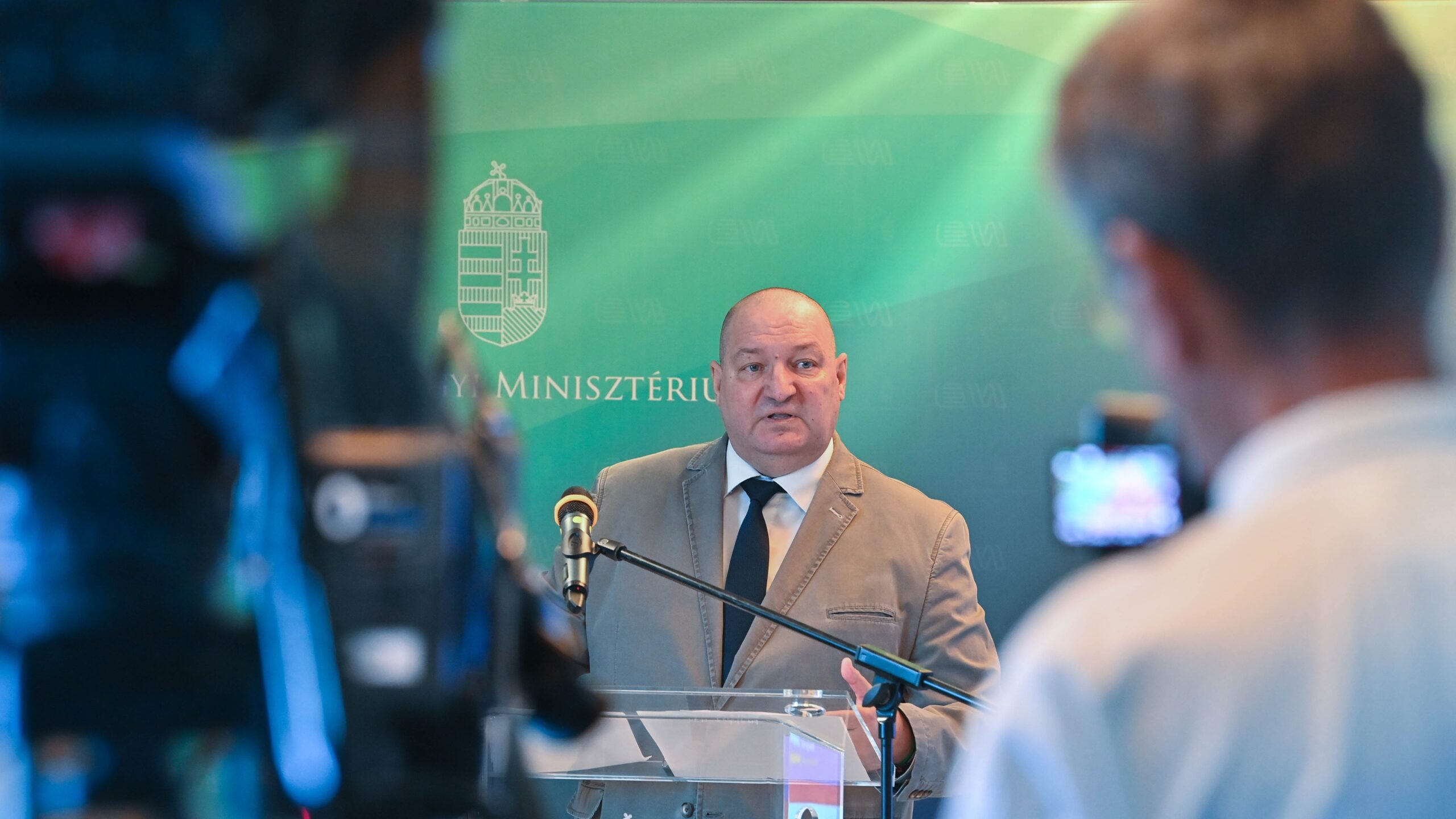Szilárd Németh, the government commissioner responsible for maintaining reduced utility costs, shared at a press conference in Budapest on Monday that Hungarian families continue to pay the lowest energy prices in Europe, thanks to utility cost reductions.
Despite the challenges of wartime conditions, the government has maintained the utility cost reduction policy, successfully protecting Hungarian families against Brussels’ war-supporting and misguided sanctions policy. This has resulted in Hungary having the lowest prices for residential energy, electricity, and gas across Europe, according to the politician responsible for the protection of reduced utility costs.
In July, Berlin households paid an average of 39.29 euro cents per kilowatt-hour for electricity, whereas in Budapest, the cost was only 9.45 euro cents. Similarly, Stockholm residents paid the highest for gas, at an average of 32.53 euro cents per kilowatt-hour, compared to 9.45 euro cents in Budapest, he added. The politician recalled that two years ago, on 1 August 2022, new measures had to be introduced as energy prices skyrocketed due to the flawed Brussels sanctions policy. It was then decided to maintain utility cost reductions up to the level of average consumption, and also to keep district heating prices unchanged. Additionally, a utility protection fund was established, and protected rates were set, with household market rates introduced above average consumption. Even these latter rates were far below the actual market rates at that time, which were nearly double for gas and more than triple for electricity. As a result, households were able to save an average of 181,000 forints per month on their electricity and gas bills, even during the most challenging times, he highlighted.
According to the latest study by the Hungarian Energy and Public Utility Regulatory Authority,
Hungary is only surpassed by Luxembourg in Europe regarding the portion of household income spent on gas and electricity
by a two-income household in Budapest, he added. Németh noted that despite continuous attacks on the utility cost reduction policy over the past 12 years from Brussels and the Hungarian left, including recent criticism over system usage fees, Hungary has remained among the cheapest in terms of these fees in Europe. He emphasized that system usage fees, along with raw material costs and taxes, are included in end-user prices. He also pointed out that using universal service is not mandatory, yet no household has requested market-based service, not even left-wing politicians who criticize the utility cost reduction policy. According to his report, despite the 2022 amendments, 92 per cent of gas consumers and 79.7 per cent of electricity consumers saw no change in their bills. Moreover, the restructured pricing led households to start saving energy consumption on their own, significantly reducing the country’s gas usage.
For special situations—such as single-meter blocks of flats, multi-generational households, or those using high-consumption medical devices—additional measures were implemented. For example, the protected electricity amount was increased by 1,690 kilowatt-hours for 15,417 customers in this category. Additionally, 62,614 large family customers receive gas discounts, with the discounted amount increasing per child. Furthermore, 86,873 blocks of flats and multi-generational household customers receive support, he listed.
He argued that the most serious attack on the utility cost reduction policy occurred in recent weeks when Ukraine, in violation of international law, shut off the Druzhba oil pipeline. Brussels, however, ‘shrugged the matter off like a dog shakes off fleas.’ He suggested that it seemed as if Brussels were involved in the affair, perhaps even from the contracting side.
He asserted that one-third of Hungary’s crude oil supply depends on this pipeline. If, with Brussels’ support or on order, the Druzhba pipeline can be shut off, the gas supply could be cut off too, he suggested.
Therefore, the government must protect Hungary’s supply diplomatically and in all other ways and ensure affordable and safe energy for Hungarian families, Szilárd Németh concluded.
Related articles:








